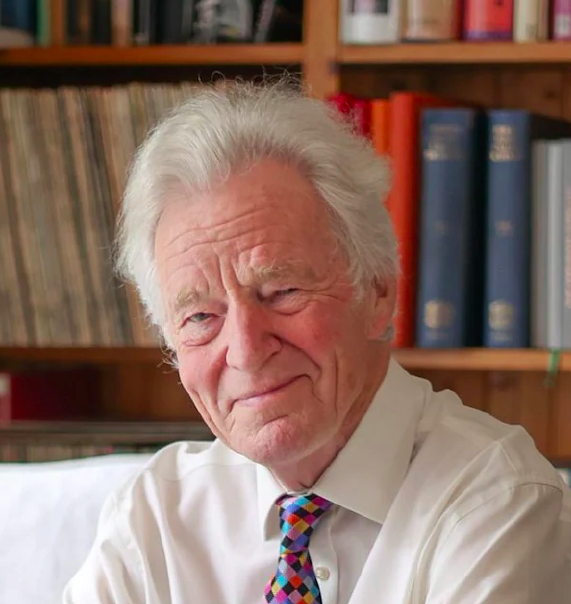
Module 5 - How to optimise personal value
This is the final of the five modules in our online learning opportunity to help you develop the understanding and skill to:
- Ensure the survival of universal healthcare by increasing value and reducing waste (Module 1)
- Shift the focus from bureaucracies to populations (Module 2)
- Design population based systems and deliver care through networks (Module 3)
- Create a culture of stewardship (Module 4)
- Optimise personal value (Module 5)
As a result of learning from the first module, you will be able:
- To differentiate between ‘personalised’ and ‘precision’ medicine
- To outline the relevance and importance of ‘patient-centred care’, ‘preference-sensitive decision-making’, the ‘silent misdiagnosis’ and ‘shared decision-making’ to the personalisation of care
- To identify the key points of differentiation between the traditional approach to decision-making and the personalised approach to decision-making
- To explain the implications of the recent legal ruling in the UK for professional practice during shared decision-making
- To describe the principles of evidence-based personalised decision-making
- To identify the obstacles to increasing the personalisation of care and how they can be overcome
Your Instructor

|
Muir is the Founder of OVSP. Muir’s work focuses on providing training and skills development to healthcare professionals in value-based and population healthcare. Muir is a world authority on value, population healthcare, systems and culture. Sir Muir has worked for the National Health Service in England since 1972, occupying a variety of senior positions during that time, including serving as the Director of Research and Development for Anglia and Oxford Regional Health Authority, and first establishing and then being the Director of the UK National Screening Committee. He founded the National Library for Health, and was the Director of Clinical Knowledge, Process, and Safety for the NHS (England) National Programme for IT, serving as the Director of the National Knowledge Service. He was the first person to hold the post of Chief Knowledge Officer of the NHS (England), also serving as the co-director of the Department of Health’s Quality Innovation Productivity and Prevention (QIPP) Right Care Programme. |
Course Curriculum
-
StartThe two dimensions of personalised decision-making
-
StartThe traditional approach to a fateful decision
-
StartProblems with the traditional approach to fateful decision-making
-
StartChallenging the concept of 'informed consent'
-
StartThe shift to 'informed requests' for treatment
-
StartEvidence-based personalised decision-making
